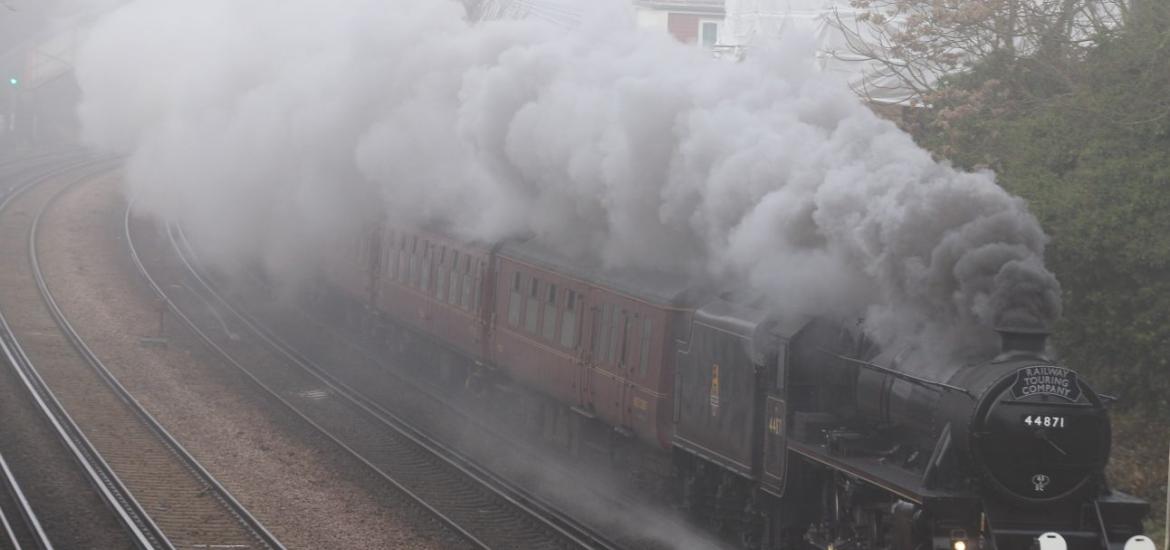
ASH 2024 – full steam ahead for arlo-cel

Bristol Myers Squibb's BMS-986393, revealed at ASH to have the INN arlocabtagene autoleucel, seems well on its way to challenging Talvey, and becoming the first approved Car-T therapy against the GPRC5D antigen. When such an approval might happen, however, is unclear, as Bristol hasn't revealed any filing plans, despite this year starting a phase 3 study, Quintessential-2, in second to fourth-line multiple myeloma. It's likely that the company will first file on the results of a phase 2 trial, Quintessential, in quadruple class-exposed patients, though according to its third-quarter financials presentation this isn't due to yield data until 2026. In the meantime, investors can rest assured that arlo-cel remains efficacious in fourth-line plus multiple myeloma, with a phase 1 update at ASH continuing to show better response rates than the 73% ORR and 35% CR rate on the label of Talvey, Johnson & Johnson's approved anti-GPRC5D T-cell engager. ASH also saw first presentation of arlo-cel survival data, namely mPFS of 18.3 months, and 12-month OS of 90%. One caveat to these positive data is that 66% of the patients were bridged with chemo, something known to boost response rates.
Development of arlo-cel’s phase 1 dataset in 4L+ multiple myeloma
Patients | ORR | CR rate | |
|---|---|---|---|
| ASH 2022 | 19 | 90% | 47% |
| ASH 2023 | 73 | 88% | 45% |
| 23 at ph2 dose* | 91% | 48% | |
| ASH 2024 | 79 | 87% | 53% |
| 23 at ph2 dose* | 91% | 48% |
Note: *150 million cells. Source: ASH 2024.
795













